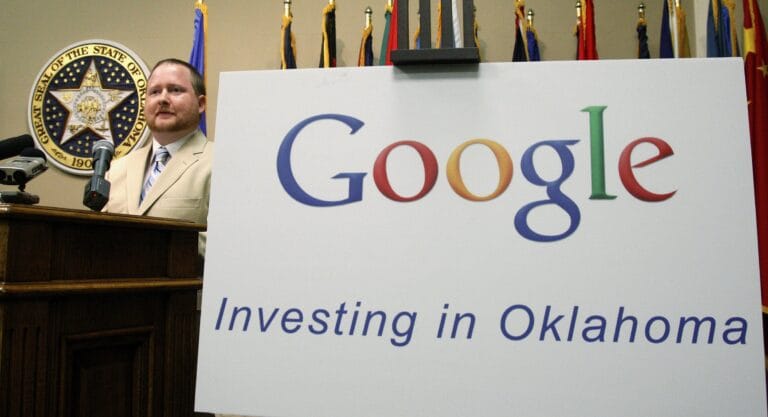
Decision Hygiene
“There are ‘wise crowds,’ whose mean judgment is close to the correct answer, but there are also crowds that follow tyrants, that fuel market bubbles, that believe in magic, or that are under the sway of a shared illusion.”
– Kahneman, Daniel, et al. Noise: A Flaw in Human Judgment
As with “Thinking, Fast and Slow,” “Noise” is in large part about how people think and how unconscious biases can lead us astray. The twist this time around is that when you think statistically about some of these biases they look more like a different kind of error: noise.
Many factors that should have no bearing on a decision, such as time of day, hunger, fatigue, stress, etc., can have large effects; a software engineer asked on two different days to estimate the time to complete a project, might give an answer on a bad day that is 70% higher than on a day where they are more optimistic (Occasion Noise). Two different engineers might also give different estimates because of more stable biases, e.g., one person might really want to get a project scheduled for the next software release and thinks that a low estimate will help win their case (Level Noise).
In a job interview, the interviewers have a tendency to be influenced by their initial impressions of a candidate (Halo Effect). Then, if they discuss their impressions as a group, they will tend to move even farther in the direction they were already leaning to reach a consensus (Information Cascade). At the end of the process, they might feel confident with their choice, even if it was a bad one, because feelings of confidence come more from the coherence of the narrative than from the quality of the evidence.
Because it’s a statistical property, noise in everyday life can be invisible. If a group makes a decision together, they might be unaware of how divergent their individual conclusions would have been, and how flimsy their conclusion might be. The goal of decision hygiene is to focus on the noise instead of suppressing it. Just because you can’t see the germs on your hands doesn’t mean they won’t make you sick; if you make unhygienic decisions you probably won’t realize it at the time but you will suffer later.


